WERO Conference Challenges Racial Oppression
WERO Conference Challenges Racial Oppression
Hoani Waititi Marae recently became a gathering place for advocates, scholars, and activists at the WERO (Working to End Racial Oppression) conference. The event brought together a diverse group of individuals passionate about addressing racial oppression in its various forms. Throughout the day, a series of thought-provoking discussions and presentations shed light on the complex and pervasive nature of racism and colonialism in our society.
The conference opened with a powerful quote from Dr Papaarangi Reid, emphasising the need to focus on how racism operates rather than merely identifying racists. This set the tone for the day, challenging attendees to look beyond the surface and confront the systemic structures that perpetuate racial oppression.
One of the central themes that emerged was the staggering cost of inaction. Dr Reid, in her E-Tangata article, highlighted the millions of dollars being spent to maintain the poor health status of Māori communities, underscoring the urgency of addressing racial disparities in healthcare. Several speakers echoed the importance of research as a tool for combating racism, while also cautioning against the potential for epistemic violence in research practices.
Kaupapa Māori
Throughout the conference, the concept of "Kaupapa Māori" resonated as a call to action, signifying a commitment to Māori-centered approaches to addressing systemic issues. However, as speaker Dr Jenny Lee Morgan poignantly shared, standing up and speaking out often comes at a personal cost. She recounted the mass resignation of Māori staff from Unitec and the subsequent formation of the Pūrangakura group as a testament to this reality.
Technology's complicity in perpetuating racism was also brought to light. Discussions centred on the issue of AI racism in facial recognition systems, underscoring the critical need to address biases embedded in these technologies.
Environmental Racism
Environmental racism, which disproportionately affects vulnerable communities, was another focal point. Zane Wedding, a Māori arborist, drew attention to Dr Robert Bullard's work on the link between climate change and environmental racism, highlighting the stark contrast in tree coverage between South Auckland and Remuera.
Wedding also emphasised the underrepresentation of indigenous flora and fauna in urban areas like South Auckland, advocating for greater ecological diversity and the decolonisation of public spaces. The intertwined nature of colonial capitalism and poverty was a recurring theme, with several speakers calling for a just transition and constitutional change.
Challenge the Status Quo
Professor Mohan Dutta's insightful examination of erasure and racial structures underscored the need to challenge the status quo. He delved into the ways in which whiteness and colonialism are embedded in societal norms and structures, including language and the so-called "rules of civility”.
Dutta's discussion of hegemonic interventions emphasised the importance of moving beyond superficial diversity, equity, and inclusion efforts to address the underlying settler colonial structures. Attendees were challenged to critically examine the role of the professional class in perpetuating whiteness.
Cultural sensitivity was another crucial topic, with speakers cautioning against cultural essentialism and highlighting the potential dangers of cultural seduction. Instead, the emphasis was on nurturing narrative sovereignty and fostering plural networks of solidarity.
The WERO conference served as a powerful reminder that the fight against racism is complex and multifaceted, but it is a battle that must be fought.
The Culture and Design Lab empowers workplace leaders to create social cohesion at work. We use indigenous knowledge, design, and strategy to foster inclusion and belonging in the workplace.
